Science to Data Science (S2DS) is one of Europe’s largest data science training programme. The S2DS is a five-week intensive programme where exceptional analytical PhDs are selected to tackle commercial data science projects. A list of past participating commercial companies includes KPMG, Barclays, Infosys, Hortonworks, British Gas and many more.
SciTech PGR Aishah Selamat is amongst the 90 individuals chosen to participate in the upcoming S2DS London Summer Programme this August 2018. To join the 2018 cohort, participants are to submit their written application and CV. Successfully applicants will then be invited for an interview before acceptance to the programme. Apart from theoretical and practical learning opportunities – the programme will groomed the PhDs professionally for a Data Scientist role.
Aishah is a third year PhD student in the Creative Department. A UK Data Service Data Impact Fellow also, her research is co-funded by Bournemouth University and County Coaches (UK) LLP. Her research aims to develop an Intelligent Transportation Analytical Model for SMEs in the private coach industry.
Aishah would like to express her gratitude to her supervisory team (Dr. Simant Prakoonwit, Dr. Reza Sahandi & Dr. Wajid Khan) for their continuous support throughout her PhD journey.
Look out for Aishah blog post (and Twitter) on her S2DS experiences this summer!
If you would like to know more about her research, Aishah can be reached via aishah@bournemouth.ac.uk
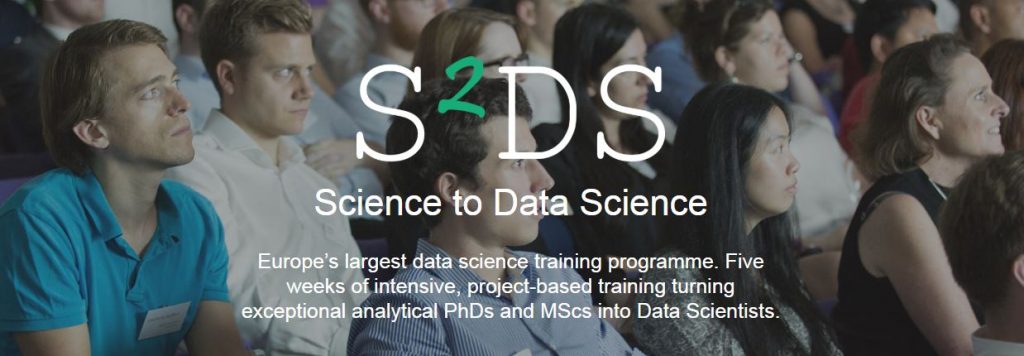
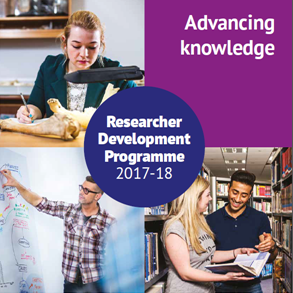
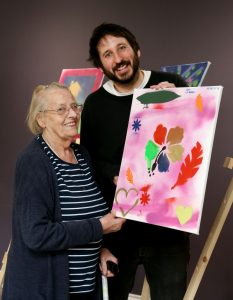
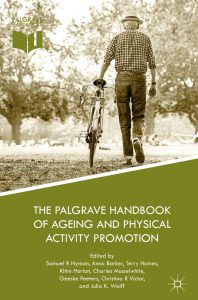

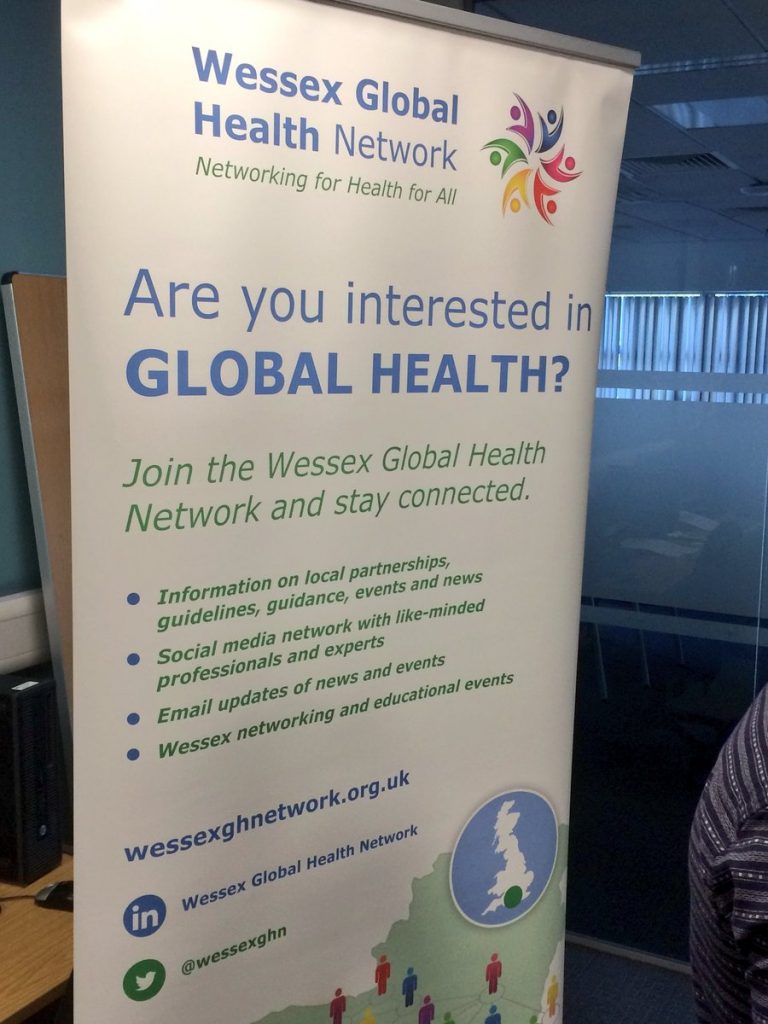
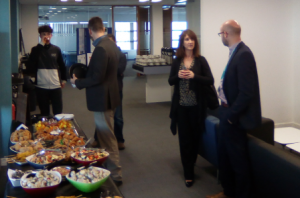
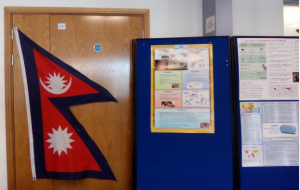
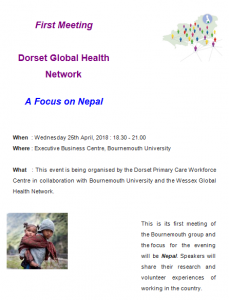
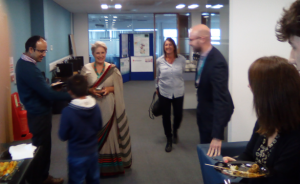

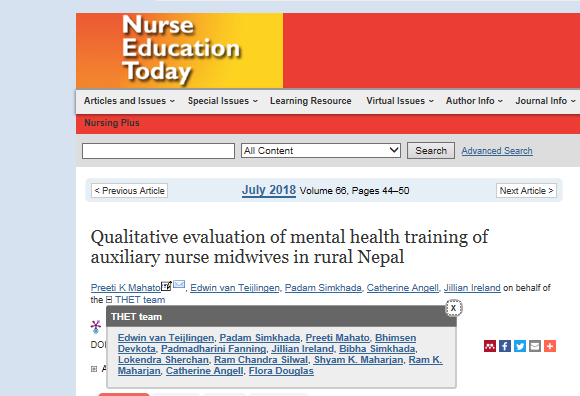
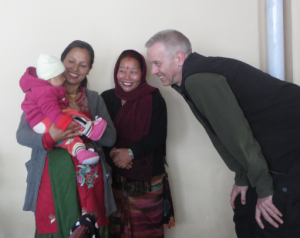
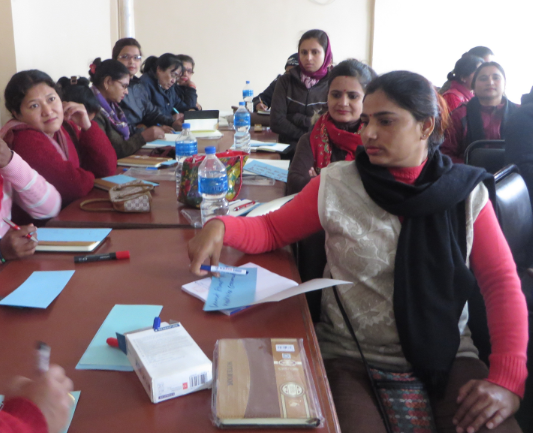

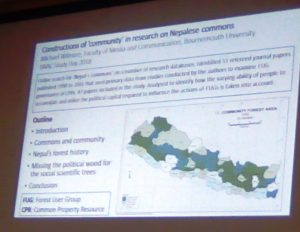
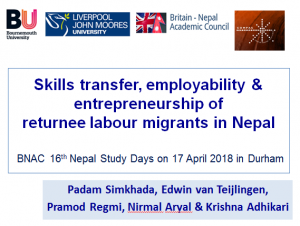
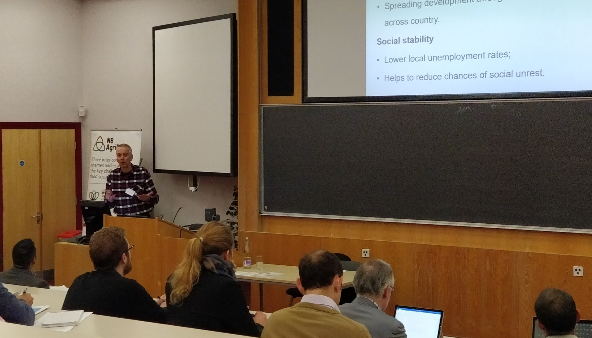

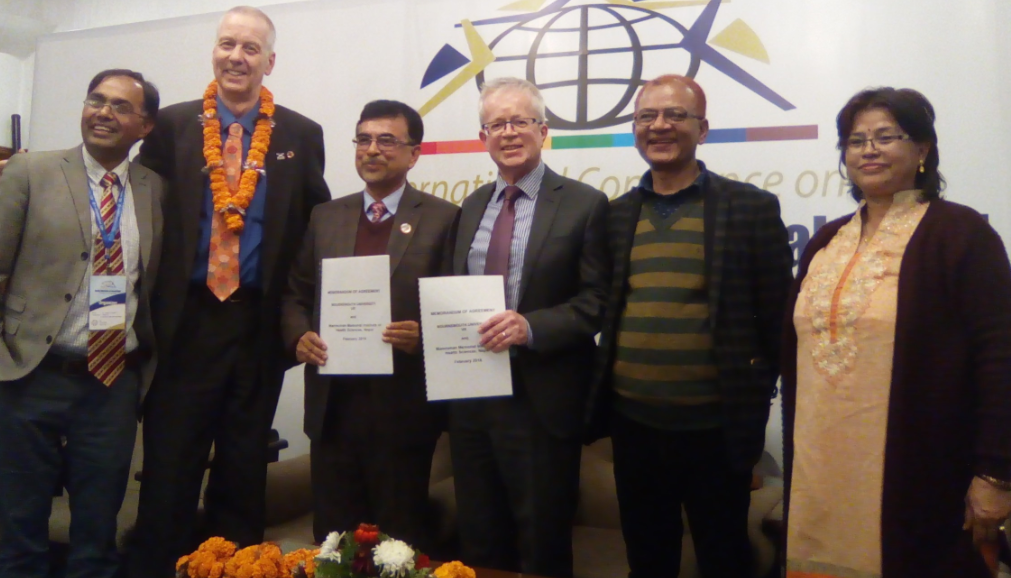
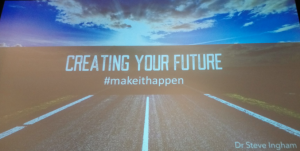
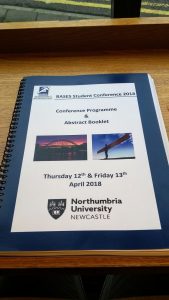
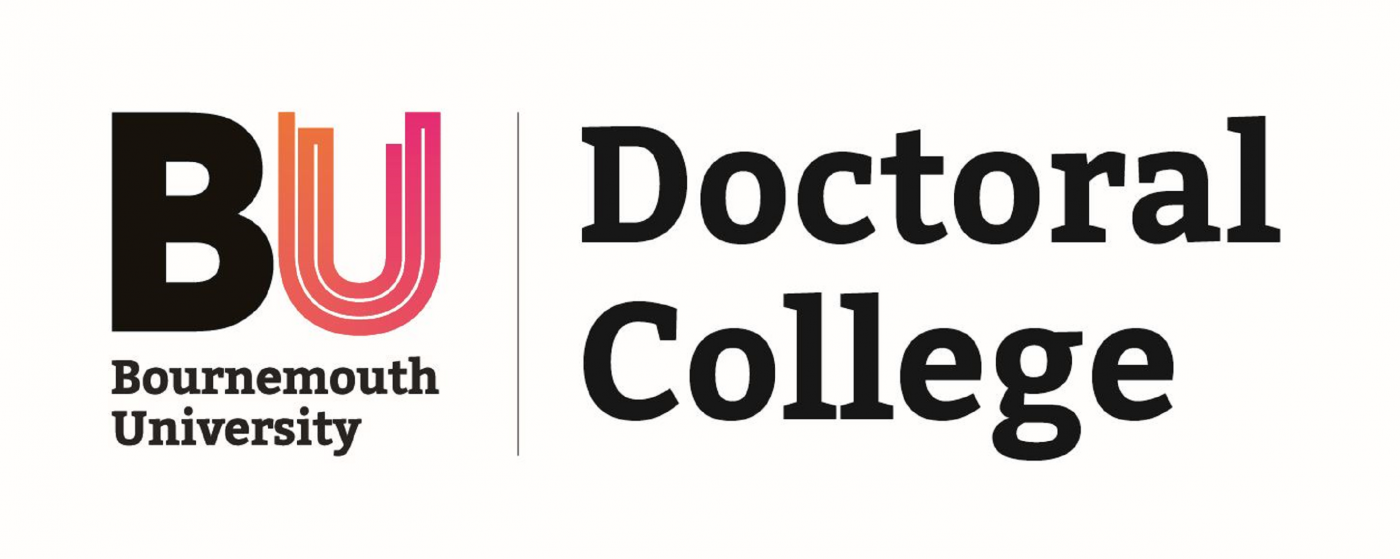


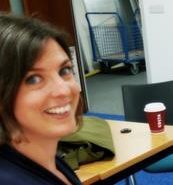




 programme will take place at the BINUS University in Jakarta, Indonesia in June 2018 and is designed for students from BU and BINUS University to work together on projects that address one or more of the Sustainable Development Goals (SDG). The SDG’s are a collection of 17 goals set by the United Nations for countries to work towards achieving. The goals are interrelated although each has its own targets and they cover a broad range of social and economic development issues. These include poverty, hunger, health, education, climate change, gender equality, water, sanitation, energy, environment and social justice. Charlotte says, ‘Collaborating with others on these projects will foster the development of my global mind-set and enhance my competence as a researcher interested in health and social sciences research’.
programme will take place at the BINUS University in Jakarta, Indonesia in June 2018 and is designed for students from BU and BINUS University to work together on projects that address one or more of the Sustainable Development Goals (SDG). The SDG’s are a collection of 17 goals set by the United Nations for countries to work towards achieving. The goals are interrelated although each has its own targets and they cover a broad range of social and economic development issues. These include poverty, hunger, health, education, climate change, gender equality, water, sanitation, energy, environment and social justice. Charlotte says, ‘Collaborating with others on these projects will foster the development of my global mind-set and enhance my competence as a researcher interested in health and social sciences research’.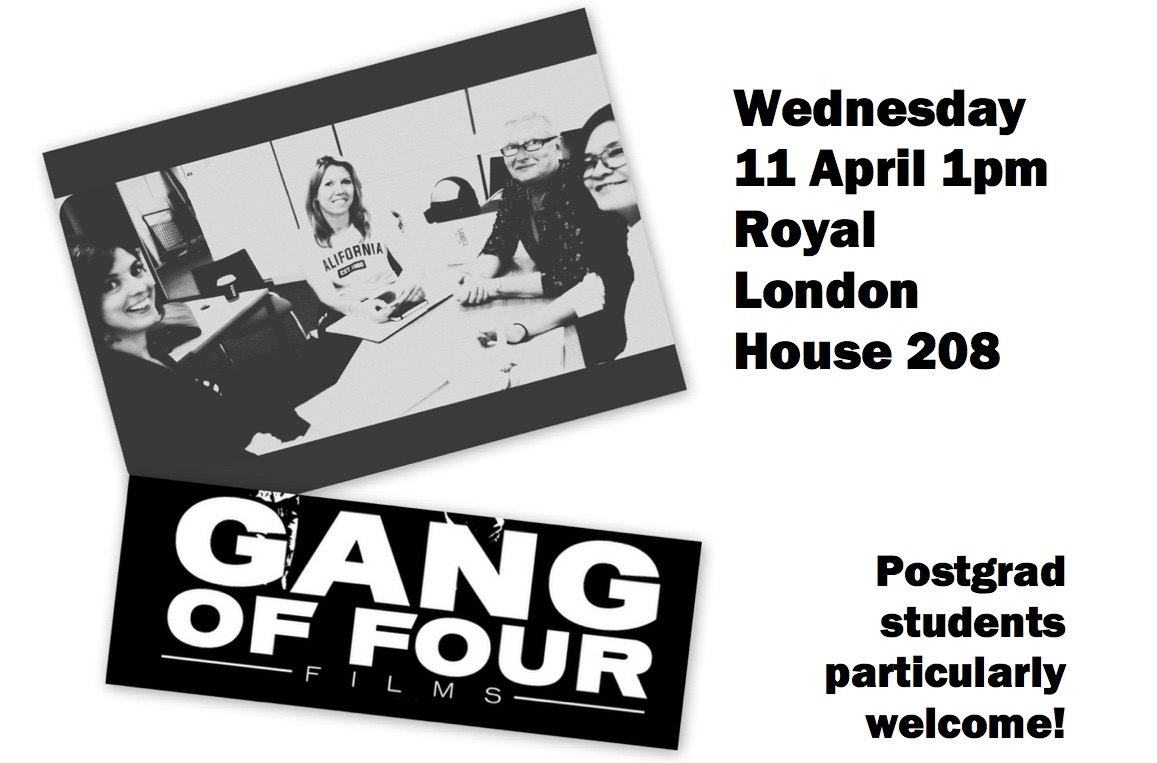












 REF Code of Practice consultation is open!
REF Code of Practice consultation is open! BU Leads AI-Driven Work Package in EU Horizon SUSHEAS Project
BU Leads AI-Driven Work Package in EU Horizon SUSHEAS Project Evidence Synthesis Centre open at Kathmandu University
Evidence Synthesis Centre open at Kathmandu University Expand Your Impact: Collaboration and Networking Workshops for Researchers
Expand Your Impact: Collaboration and Networking Workshops for Researchers ECR Funding Open Call: Research Culture & Community Grant – Apply now
ECR Funding Open Call: Research Culture & Community Grant – Apply now ECR Funding Open Call: Research Culture & Community Grant – Application Deadline Friday 12 December
ECR Funding Open Call: Research Culture & Community Grant – Application Deadline Friday 12 December MSCA Postdoctoral Fellowships 2025 Call
MSCA Postdoctoral Fellowships 2025 Call ERC Advanced Grant 2025 Webinar
ERC Advanced Grant 2025 Webinar Update on UKRO services
Update on UKRO services European research project exploring use of ‘virtual twins’ to better manage metabolic associated fatty liver disease
European research project exploring use of ‘virtual twins’ to better manage metabolic associated fatty liver disease